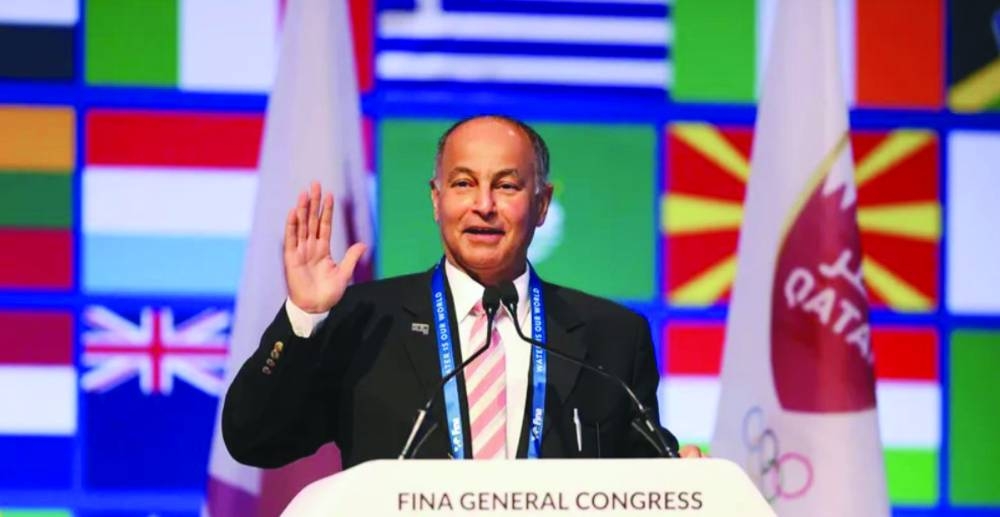World Aquatics (WA) president Husain al-Musallam does not think swimming is facing an image crisis but wants the global and national anti-doping agencies to meet and iron out their differences.
Three years after 23 Chinese swimmers were cleared to compete in the Tokyo Olympics despite testing positive for banned substances, the spectre of doping loomed over the competition at the recent Paris Games. The issue has been further exacerbated by the ongoing feud between the United States Anti-Doping Agency (USADA) and the World Anti-Doping Agency (WADA).
USADA is sceptical of the probe into the case involving the Chinese swimmers, while its own undercover tactics of using dope-tainted swimmers to catch drug cheats has irked WADA.
“Swimming is doing good, I’m not worried,” al-Musallam, who was in New Delhi to attend Sunday’s general assembly of the Olympic Council of Asia (OCA), told Reuters.
“Whenever somebody raises a concern, it should not make me worried. Rather it should make me rethink what I can do to improve the situation and make it clearer.”
The 64-year-old Kuwaiti administrator, also an OCA director general, was satisfied with the probe into the Chinese swimmers some of whom, he said, were tested 20 times this year alone.
WADA rules needed to be respected and any speculation about doping was idle gossip, he said.
Asked about the ongoing dispute among anti-doping agencies, al-Musallam acknowledged the need for talks also engaging the International Testing Agency (ITA) and the China Anti-Doping Agency (CHINADA).
“It is in fact one of the recommendations of our anti-doping review committee,” al-Musallam said.
“To call these five bodies, sit together and say ‘What’s going on? Here are the rules, and this is what’s happened. These are the results and this is the analysis.’ We need to be more positive about the sport, and not be so negative.
“If there is something need to be fixed, we are always ready to fix it. But show me the truth and reality.”
WADA conveyed growing concerns about US athletes attending major events without being sufficiently tested in a recent communication to USADA.

World Aquatics president Husain al-Musallam
